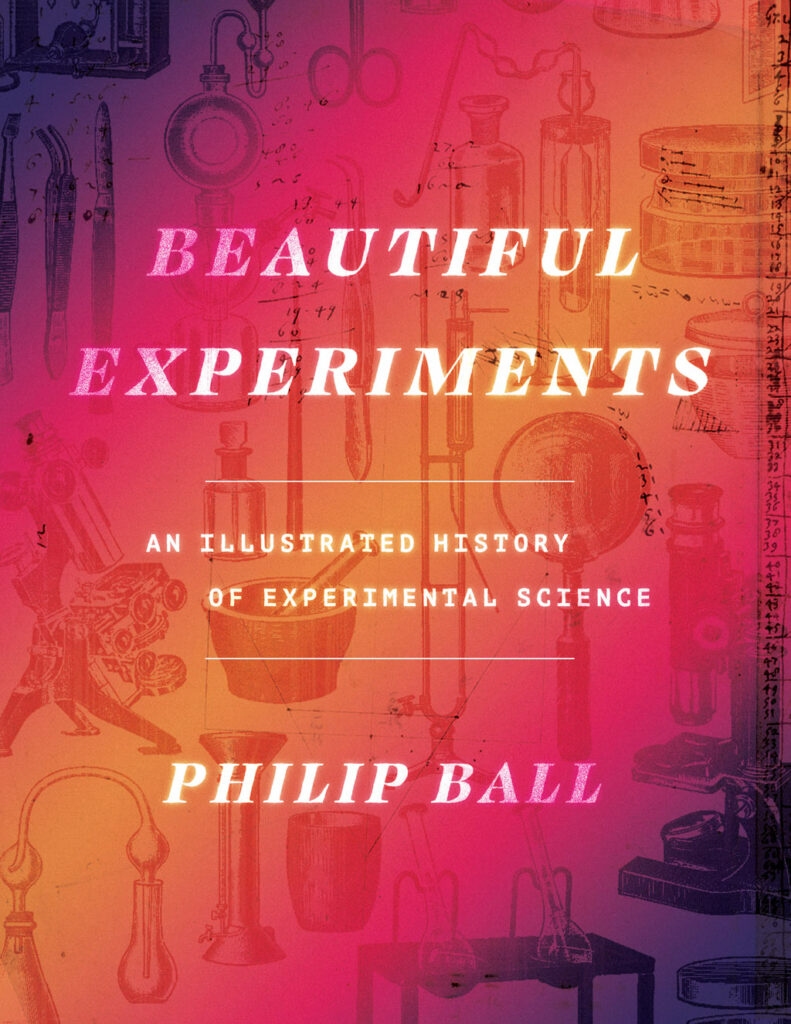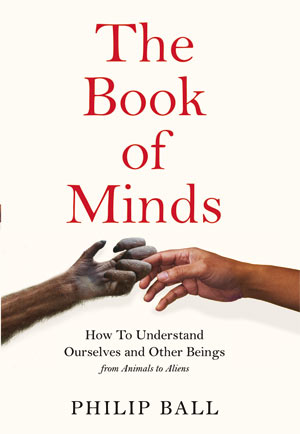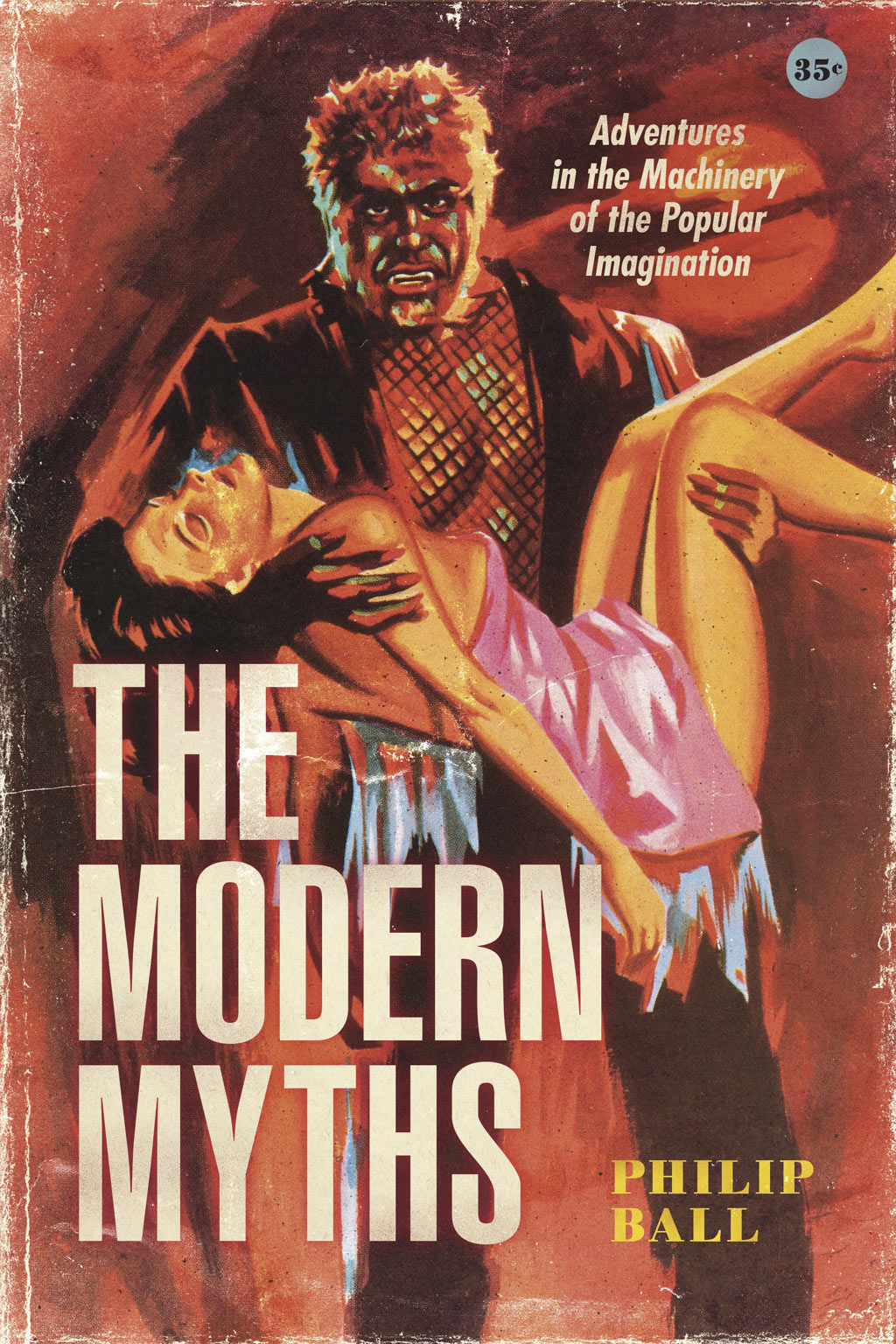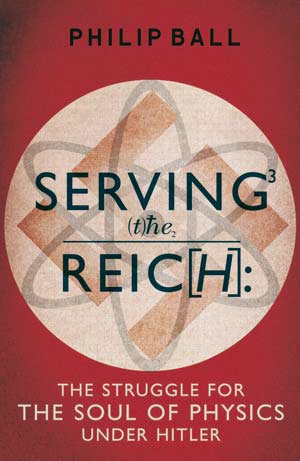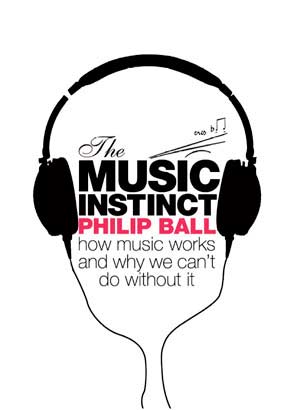Reviews: HOW LIFE WORKS: A User’s Guide to the New Biology
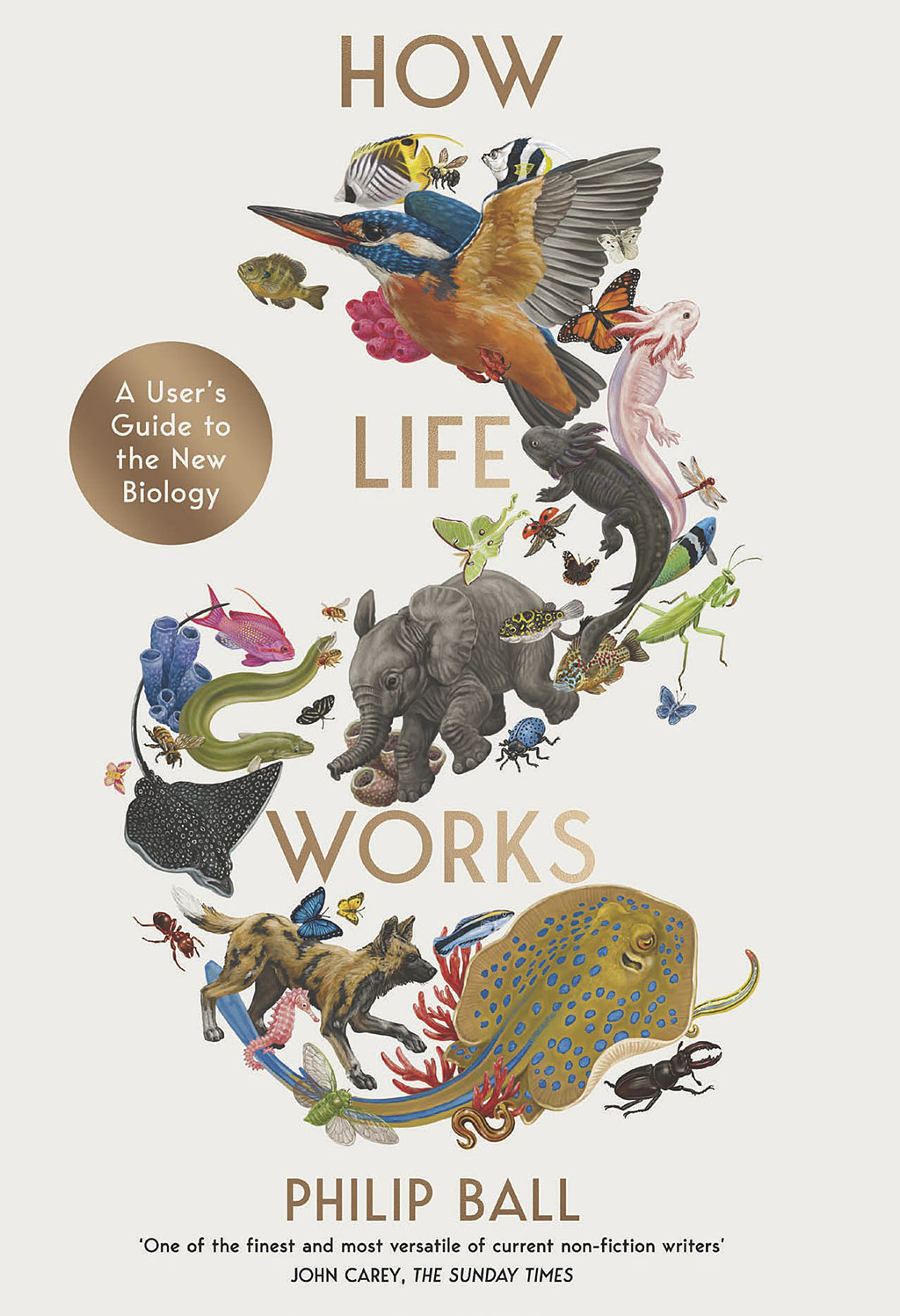 How Life Works: A User’s Guide to the New Biology by Philip Ball
How Life Works: A User’s Guide to the New Biology by Philip Ball
“There is so much that is amazing. When Ball tackles issues, any textbook chalkiness gets blown away… For Ball, the possession of agency — and purpose, and even meaning — is precisely how you might characterise life. Life, then, is not the servant of the selfish gene. Life happens at other levels. In the cell. In the organism. In us.”
James McConnachie, Sunday Times
“Ball’s marvelous book is both wide-ranging and deep. It explores the fundamental mechanics of biology and leaves the reader full of awe and wonder. More than this, by reframing how we talk about the latest scientific discoveries, How Life Works has exciting implications for the future of the science of biology itself. I could not put it down.”
Siddhartha Mukherjee, author of the Pulitzer Prize–winning “The Emperor of All Maladies”
…
Reviews: HOW LIFE WORKS: A User’s Guide to the New BiologyRead More »

